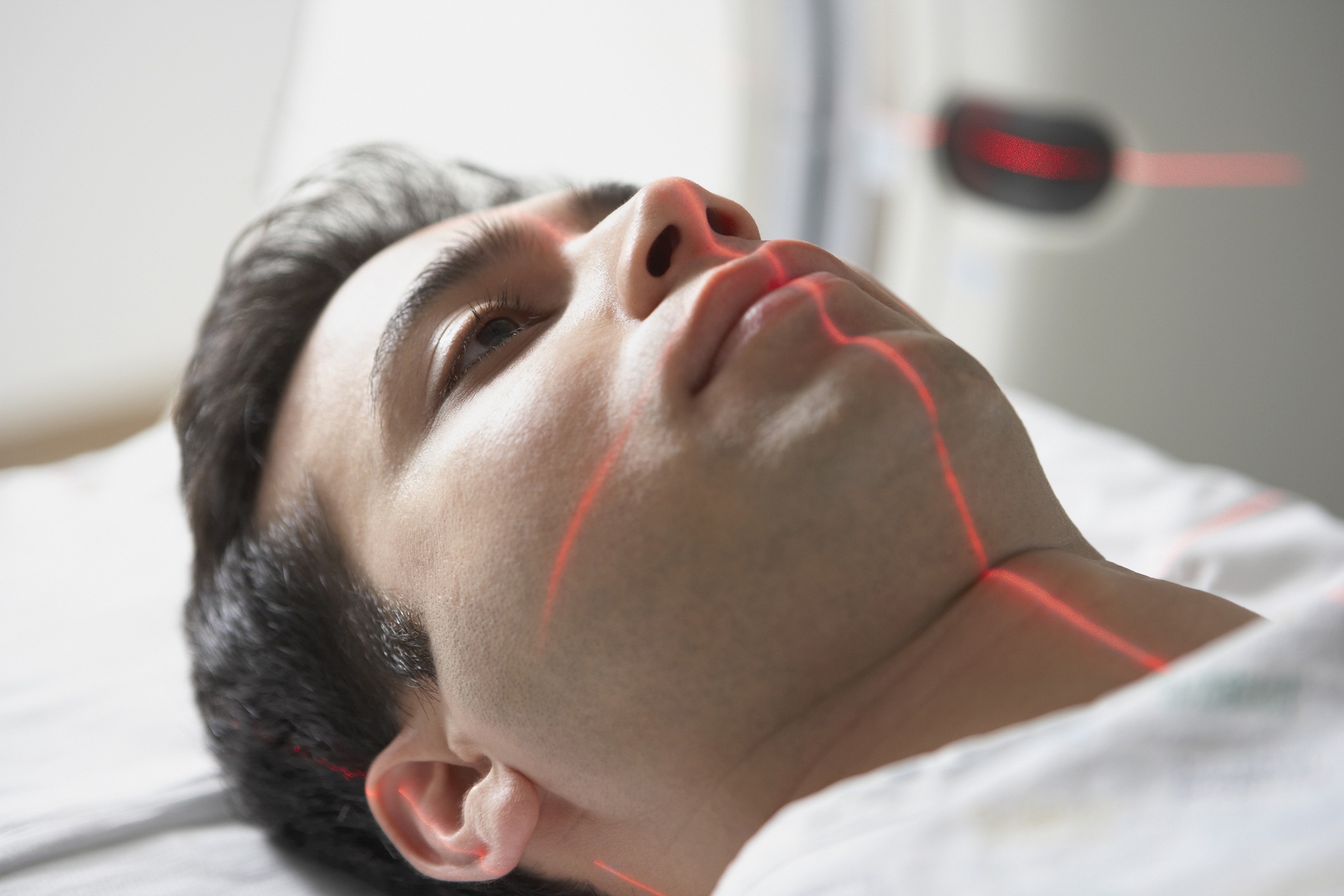Health Capsule
Caring for Concussions

A study found that many people treated for a concussion may not receive follow-up care that could improve their health.
A concussion is a mild brain injury. It results from a bump, blow, or jolt to the head. Most people recover quickly from a concussion, but some have symptoms for weeks or months.
A concussion may give you a headache and make you feel confused, tired, or dizzy. You may have nausea and may vomit. You may feel groggy and have a hard time thinking and remembering. Your vision may be blurry. You may also have trouble sleeping or mood changes. Getting treatment is important for recovery from any brain injury.
A research team wanted to find out if people were getting follow-up care after a concussion. Their study included more than 800 people diagnosed with a concussion in an emergency department. They asked patients if they received educational materials about concussions when leaving the hospital, if the hospital called to check up on them, and if they’d seen a health care provider since going home.
About 42% said they’d received educational materials when leaving the hospital. Only 27% received a follow-up call from the hospital. Within 3 months of their injury, only 44% had seen a health care provider. People with severe symptoms were more likely to seek care. But only about half of people with at least 3 significant and persistent concussion symptoms sought care within 3 months of the injury.
“Even in the best trauma centers in the country, patients with concussion are not getting the follow-up care they desperately need,” says researcher Dr. Geoffrey Manley of the University of California, San Francisco. “For too many patients, concussion is being treated as a minor injury.
NIH Office of Communications and Public Liaison
Health and Science Publications Branch
Building 31, Room 5B52
Bethesda, MD 20892-2094
Contact Us:
nihnewsinhealth@od.nih.gov
Phone: 301-451-8224
Share Our Materials: Reprint our articles and illustrations in your own publication. Our material is not copyrighted. Please acknowledge NIH News in Health as the source and send us a copy.
For more consumer health news and information, visit health.nih.gov.
For wellness toolkits, visit www.nih.gov/wellnesstoolkits.




